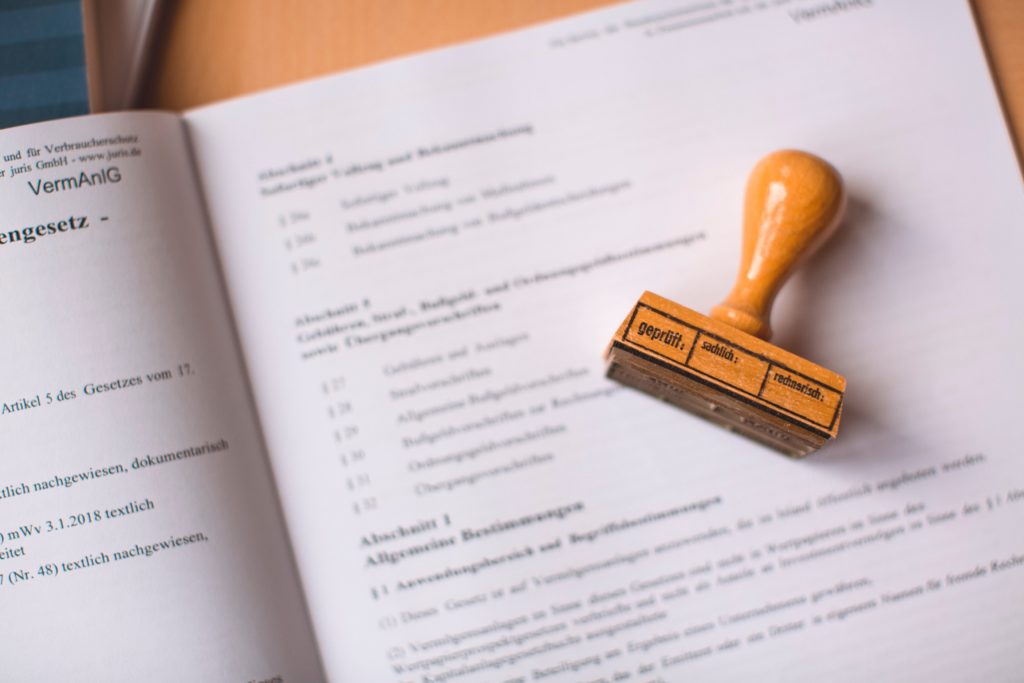Introduction
A mortgage is defined as a legal agreement between a lender and the person being lent a property. This agreement gives the lender the right to take personal property as collateral that has been agreed upon in case one fails to repay the money borrowed and with interest. Let’s know more about Mortgagee VS Mortgagor.

Who is a Mortgagor?
A mortgagor is a bank, person, or group of people, referred to as the “borrower” who seeks to take a mortgage loan from a financial institution or bank. When a mortgagor is taking a loan from a mortgagee, the mortgagor has to secure the mortgagee’s interest by providing collateral when and if the mortgagor cannot do so well in paying back the loan.
Who is a Mortgagee?
A mortgagee is a financial institution or a bank or even a person with whom this contractual agreement favors, and who loans a mortgagor the money requested for. The mortgagee will be getting interest where the mortgagor fails to pay back his or her loan.
Rights of a Mortgagor
1. Right to redemption: this is the right of a mortgagor that puts a mortgage to an end by returning the property of the mortgagor.
2. Right to inspect and produce documents: this gives the mortgagor the right to ask the mortgagee to produce copies of documents of the mortgaged property that he has possessed. Where there are expenses on the documents, the mortgagor would have to pay within his right while it still exists.
3. Right to accession: this gives the mortgagor an entitlement to any additional value to the mortgaged property while the mortgagee is still in possession.
4. Rights to improvements: this gives the mortgagor to access the improved mortgaged property where it was still in possession of the mortgagee. The mortgagor will not be liable to pay unless such improvements were made to protect the property, if the mortgagor gave such permission, and if the improvements were made with the permission of the public authority.
5. Right to a renewed lease: this is a situation that entitles the mortgagor to a leasehold property and within the time frame of the mortgage agreement where the lease gets renewed, the mortgagor gets to hold benefits of the new lease. And this right is reserved unless the mortgagor enters a contrary contract with the mortgagee.
6. Right to a grant lease: this right allows a mortgagor to lease out a property only when he is in lawful possession, and this right is subject to the fact that the conditions of the lease must be according to local laws to avoid unauthentic transaction; there’s no rent or premium paid in advance or promised by a mortgagee.
Rights of a Mortgagee
In every contractual agreement, both parties have a right that is governed by the law, and which protects them. The rights of the mortgagee are:
1. Right to foreclosure: this right gives limits to the mortgagor from exercising their right of redemption, and can be used for conditional sale or anomalous mortgage
2. Right of suit for sale: this right completely bars the mortgagor from using his right of redemption, which can allow the mortgagee to become the owner of the mortgaged property and hold all rights to such property.
3. Right to sue for mortgage money: this right gives the mortgagee permission to sue the mortgagor under certain circumstances.
4. Right to sale without court intervention: this right gives the mortgagee a pass to sell the mortgaged property without the courts’ knowledge, but this is done under specific circumstances.
5. Right to spend money: this gives the mortgagee a right to spend any money from the mortgaged property, and for the sole purpose of preservation of the property from being forfeited, sold, or destroyed. The mortgagee could also decide to add the money he spent to the mortgage money he is owed and also receive interest on the amount at the same rate.
6. Right to the accession of the mortgaged property: this right gives the mortgagee permission to retain any additions to the property as security.
7. Right of possession: this allows the mortgagee to possess a property when and if specific obligations are not satisfied.
Conclusion
Every contractual agreement has given the parties rights within the clause of such contracts, and where one party’s right starts, the other ends, as seen within this article. This type of contractual agreement must always come with security when taking a loan from a mortgagee, and all terms of such a contract must be met. So, before taking a loan, it is advisable to always be sure to have attainable security.
FAQs
Q1: How would I know what to give as security when taking a loan?
A1: The value of your security must be equivalent to the loan you’re taking.
Q2: Who can I take a loan from?
A2: You can take a loan from anywhere, or anyone; a friend, a bank, or any financial institution.
Q3: Why do people take loans?
A3: To make urgent payments or to do business; it could also be personal reasons.
